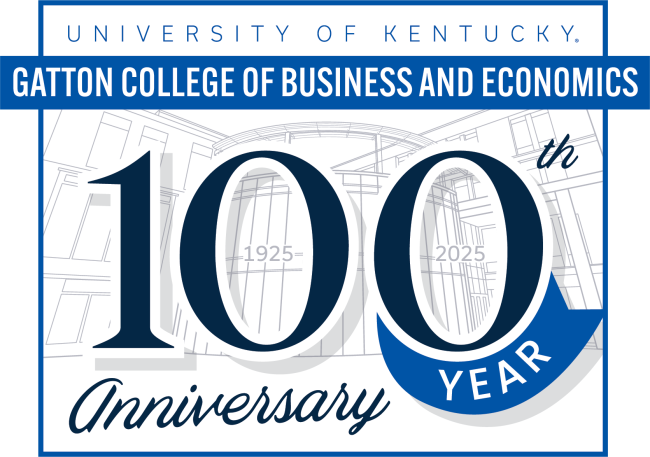VACE Winners Announced! 4th Annual CCTS "60-second Poster Pitch" Competition
The Von Allmen Center for Entrepreneurship hosted the 4th Annual "60-second Poster Pitch" Competition in collaboration with the CCTS Spring Research Conference on April 8th, 2021. Congratulations to the winners!
1st place, $500
Tharunika Venkatesan | College of Arts & Sciences | College of Medicine
Poster Description: The current study examined low- and high- frequency rsEEG oscillations before and after a visual working memory task in 34 cognitively normal older adults from UK-ADC. Compared to before-task baseline, the theta oscillations during EC rsEEG showed a significant increase in the left frontal site (FC5, p< .001). This indicates that the best practice for recording rsEEG rhythms as outcome measures for clinical trials should be before neurocognitive tests or include resting intervals.
2nd place, $250
Gaurang Vaidya, MD | Assistant Professor | Advanced Heart Failure and Transplant Cardiology Department
Poster Description: Bedside ultrasound of internal jugular vein (IJV) can help fluid status estimation. Prospectively enrolled 72 patients were imaged using a portable ultrasound. The maximum (Dmax) and minimum (Dmin) IJV diameters were noted on normal breathing. Patients then underwent right heart cath (RHC). RA pressure ≥ 10mmHg on RHC was associated with dilated Dmax and less diameter variation (RVD). IJV Dmax > 1cm and RVD < 50% had a specificity of 80%. The IJV diameter is reliable in estimating RA pressure.
3rd place, $150
Robert Anderson | College of Agriculture | Dietetics & Human Nutrition
Poster Description: Metabolic adaptations reduce resting energy expenditure through mechanisms to maintain homeostasis. 5 obese (BMI 30–45) men (3) & women (2) aged (18-35) completed an 8-week MST intervention. Resting Energy Expenditure and Skeletal Muscle Work Efficiency tests were taken pre and post intervention. REE significantly increased (6.86%, p<0.05) SME decreased 25 W (-3.23%, p<0.05) & 50 W (-3.30%, p<0.05). These results suggest that a MST intervention may potentially attenuate metabolic compensation.
VACE Director's Choice Award, $100
Natalie Jo Hawes | College of Nursing
Poster Description: Food frequency questionnaires (FFQs) have been developed to measure dietary intake patterns in children ≤18 years. The purpose of this study was to conduct a systematic review of FFQs used to measure macro/micronutrient intake in children and evaluate their psychometric properties. Many FFQs were demonstrated to be valid and reliable when used to measure dietary patterns in children, though there were wide variations among instruments. More research to standardize pediatric FFQs is needed.


